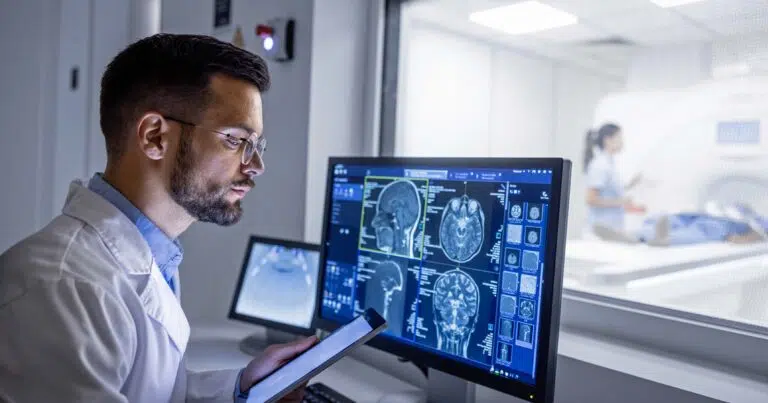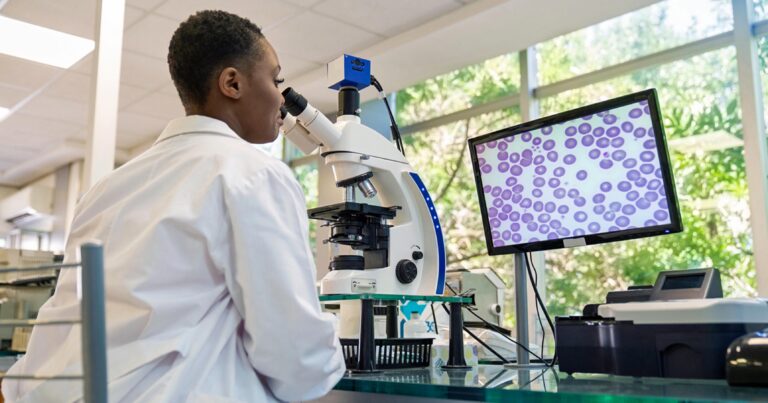Polysomnography Tech Career Guide
Looking for a different career guide?
Overview
A Polysomnographer, also known as a sleep technologist, is a specialized healthcare professional who plays a crucial role in diagnosing and treating sleep disorders. They work with patients to monitor and record their sleep patterns and physiological activities during sleep studies, enabling healthcare providers to make accurate diagnoses and develop effective treatment plans.
Essential Job Functions
Education
To become a Polysomnographer, individuals typically need to complete an accredited Polysomnographic Technology program, which can range from 6 months to 2 years in duration. These programs cover topics such as sleep disorders, anatomy and physiology, sleep study procedures and equipment operation. Some individuals may also pursue an Associate Degree in Polysomnographic Technology.
Qualifications

Skills
Polysomnographers need a strong understanding of sleep physiology, excellent technical skills for setting up and operating monitoring equipment, attention to detail for accurately collecting and recording data and the ability to communicate effectively with patients. They must also have strong problem-solving skills to troubleshoot equipment issues and respond to patient concerns.
Responsibilities
The responsibilities of a Polysomnographer include preparing and explaining sleep study procedures to patients, attaching monitoring equipment to patients, monitoring sleep patterns and physiological activities during sleep studies, making adjustments to equipment as needed, documenting observations and data and assisting in the interpretation of sleep study results.
Salary Insights
The average salary for a Polysomnography Tech is $1,798.33 per week.
Last updated on December 15, 2024. Based on active jobs on Vivian.com.
Pros & Cons
Becoming a Polysomnographer offers several benefits, including the opportunity to contribute to the diagnosis and treatment of sleep disorders, a growing job market due to increased awareness of sleep health and the ability to work in various healthcare settings. However, the job can be physically demanding as it often involves working night shifts and monitoring patients throughout the night. Additionally,
Some of the content on this page was enhanced using artificial intelligence.
Join over 1 million healthcare workers that are getting a head start with Vivian.
Join Vivian





